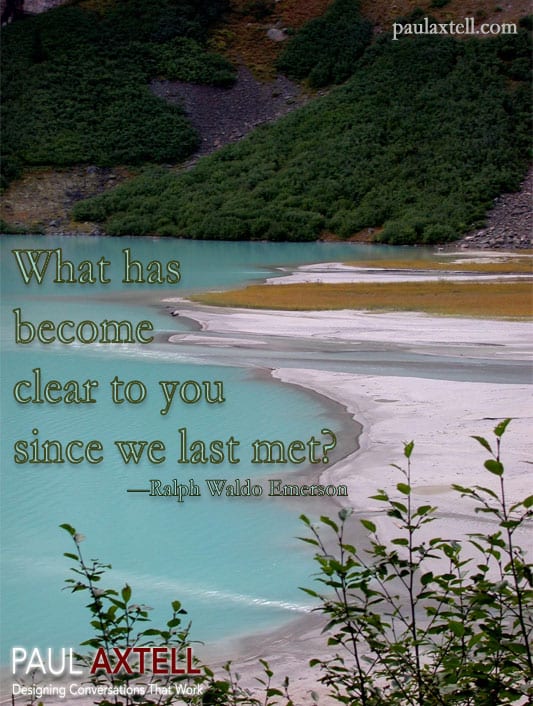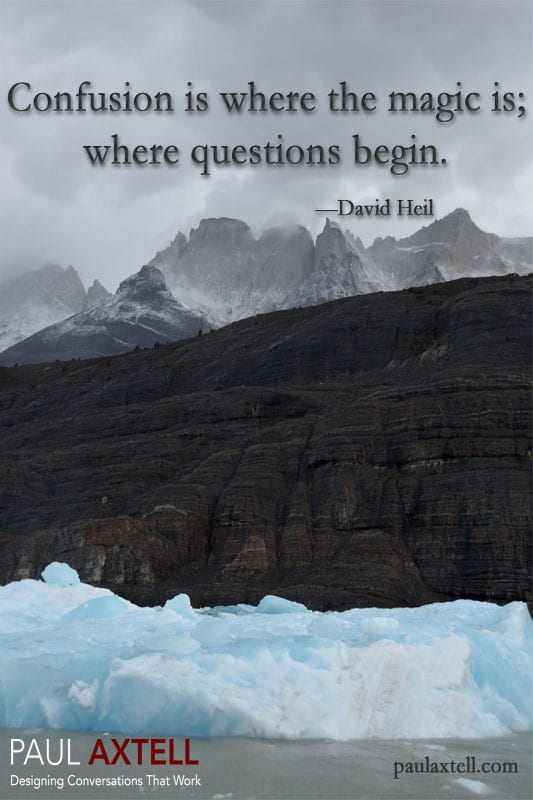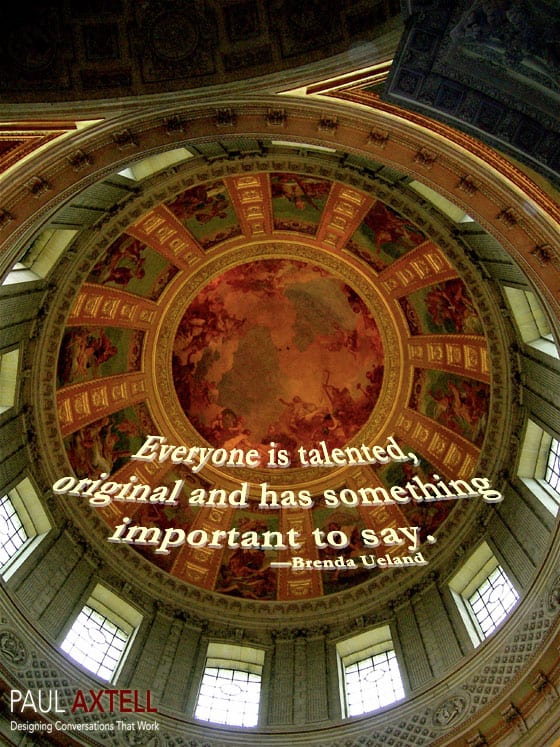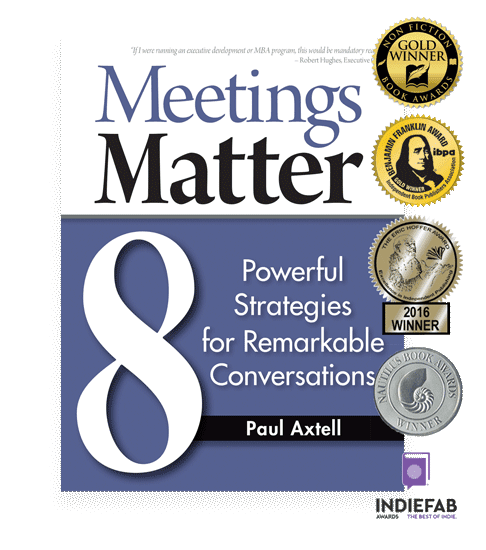Q&A with Anese Cavanaugh, author of Contagious Culture
As a fantastic follow-up to Mindy Hall’s Q&A early this month, Anese Cavanaugh is here to continue the conversation of living with intention – both in work and life – and even takes it a step further with “how you show up matters.”
Anese is the award-winning creator of the IEP Method® (Intentional Energetic Presence®) as well as an advisor and thinking partner to leaders and organizations committed to creating significant positive impact, authentic leadership, and healthy cultures. Cavanaugh built the IEP Method to help people unlock even greater leadership potential, collaborate more inspiringly, create more openly, intuit more bravely, and lead more joyfully and effectively.
As a leading voice on intention, energy, and presence in leadership, collaboration, and cultural optimization, she’s devoted to helping people show up and bring their best selves to the table in order to create impact in the world while feeling amazing doing so.
PAUL: Let’s start with the first word in the title of your book: Contagious Culture. How can leaders be contagious?
ANESE: First, it’s important to remember that we are having impact in every moment – either positive and contributory, negative and depleting, or beige (nothing, just blah). And that impact is contagious. It ripples. It affects others. People take our lead and will “match” our energetic state. (Even unconsciously.)
The leader sets the tone by the mood and energy he or she brings into the room or into any conversation. Simplest way to look at this is that we’ve (likely) all had the experience of being in a conversation with someone else where we’re in a good “space,” the person we’re talking with isn’t, and all the sudden (or slowly) we start to feel our mood, our space, and energy shift/drop/deplete. We’ve just matched that person’s energy. Their energy is contagious. People do it with us, we do it with them. We’re all contagious. This super power can be used for good or evil.
You’ll also see contagious leadership in terms of the way someone talks about another person or a situation – the strongest energy will often “win,” so often times something that starts out as a somewhat neutral conversation will turn either highly positive or negative based upon the leader’s opinion and energy on the topic/person.
Assumptions, gossip, beliefs, talking smack, talking beautifully, focusing on the negative, focusing on the positive, complaining or leading, taking an “author” stance or a “victim” stance – these are all contagious and can catch on like wildfire.
PAUL: Can you describe what intention means to you and how to best practice it?
ANESE: To me an intention is putting my mind to what I want to have happen. It is claiming emotionally/mentally/energetically what I want to happen in this next moment, this next meeting, this next conversation, this project, this relationship, etc. It doesn’t mean it will always, but when I set the intention and show up in a way that supports it, I’m much more likely to create that outcome.
You can set intentions at the beginning of the day or before any meeting or conversation for what you want to have happen, how you want to feel, the impact you want to have –anything. It can be as simple as the thought and internal proclamation, or you can go through the process of writing it down. You can set intentions with your partner (personal or professional), with your team, or with your clients. I even set them with my kids. One of the three components of the IEP Method® (Intentional Energetic Presence®) is the “ability to create intentional impact.” There is a “5-Steps to Creating Intentional Impact” framework that I teach in our courses and also in the book Contagious Culture.
PAUL: Please share three of your most powerful teaching ideas.
ANESE: 1. How you Show Up matters. Your presence is your impact. No matter how brilliant you are or high level your position, if your presence is such that it leaves people feeling anything less than safe, connected, and inspired – your brilliance will only take you so far. And it works the other way; you can always optimize impact and results by being even more aware and intentional of how you Show Up and how you impact others. Small shifts go far. Who you want to be and how you Show Up communicates far more than skills. To quote the lovely Maya Angelou, “People may not remember exactly what you did, or what you said, but they will always remember how you made them feel.” This speaks to the intention, energy, and presence of the leader.
The Leadership Trifecta: Impact + Self-Care + People. In my work I’ve found there are generally three types of leaders:
the one who is great at their craft and creating impact and results; however, they’re burnt out, exhausted, and compromising their own well-being and self-care and personal relationships. (Has “impact” but not “self-care.” Not sustainable.)
the leader who is great with self-care and “balance” but is not great at creating impact and results and not that effective. People like them, but they just don’t get it done. (Has “self-care” but not “impact.” Not sustainable.)
the leader who has the impact AND self-care piece down; however, they leave “dead bodies” wherever they go (worst case scenario), or they’re just not great at influencing others and getting people to follow them. This is the kind of leader who does great things but at the cost of people, morale, and cultural health. This is also the kind of leader that people follow because they HAVE to (job, paycheck, etc.) vs. they WANT to (inspired, on purpose, safe, etc.) (Not sustainable.)
You need all three elements. They don’t have to be perfect. But being in awareness and in process helps a lot.
The IEP Method® itself is another powerful component of what I teach. Too much to go into here (see book or another program), but the idea is that we have huge influence over how we Show Up and our Intentional Energetic Presence, and there are ways to set us up to do this well. Those ways are in the IEP Methodology.
PAUL: If you had an audience full of new professionals, just joining an organization, what advice would you give them?
ANESE: How you Show Up matters. Period. For yourself AND for others.
This includes for other people in leadership and collaboration, but even more so for yourself so you can Show Up well and sustainably and cleanly for others.
For you (and ultimately for them): Take care of yourself. Do whatever you need to do to make sure that your body, your mind, your heart, and your spirit are in good shape so that you can lead well, feel good, and be the best instrument of change possible.
For them (and ultimately for you): Be intentional about your impact. Be in service of the other person or the team or the work you’re doing. Get out of your own way in terms of fear or ego and “am I doing it right” and focus on what will serve this human most.
When you have the foundational IEP and are Showing Up well for yourself, it makes it easier to be in service of and clean and clear for others.
PAUL: And on the same coin, if your audience were a room full of CEOs, what advice would you give them about interacting with the younger generation joining up?
ANESE: Don’t get caught up in the “Millennial Story.” See them as humans. Show Up with and for them. Ask them to Show Up with you, with each other, for themselves, and for the mission at hand. Connect them to purpose and WHY they matter and WHY their work matters in your organization; co-design roles and how you’ll work together; be flexible about designing what schedules look like so they can bring their whole selves to work – healthy and well and inspired; and do not get sucked into any story that says they are somehow harder to work with or don’t care. The younger generation needs to be seen, heard, called forth to create impact, and know that what they’re doing matters. Very much like any aged human being in your organization. 😉






















































